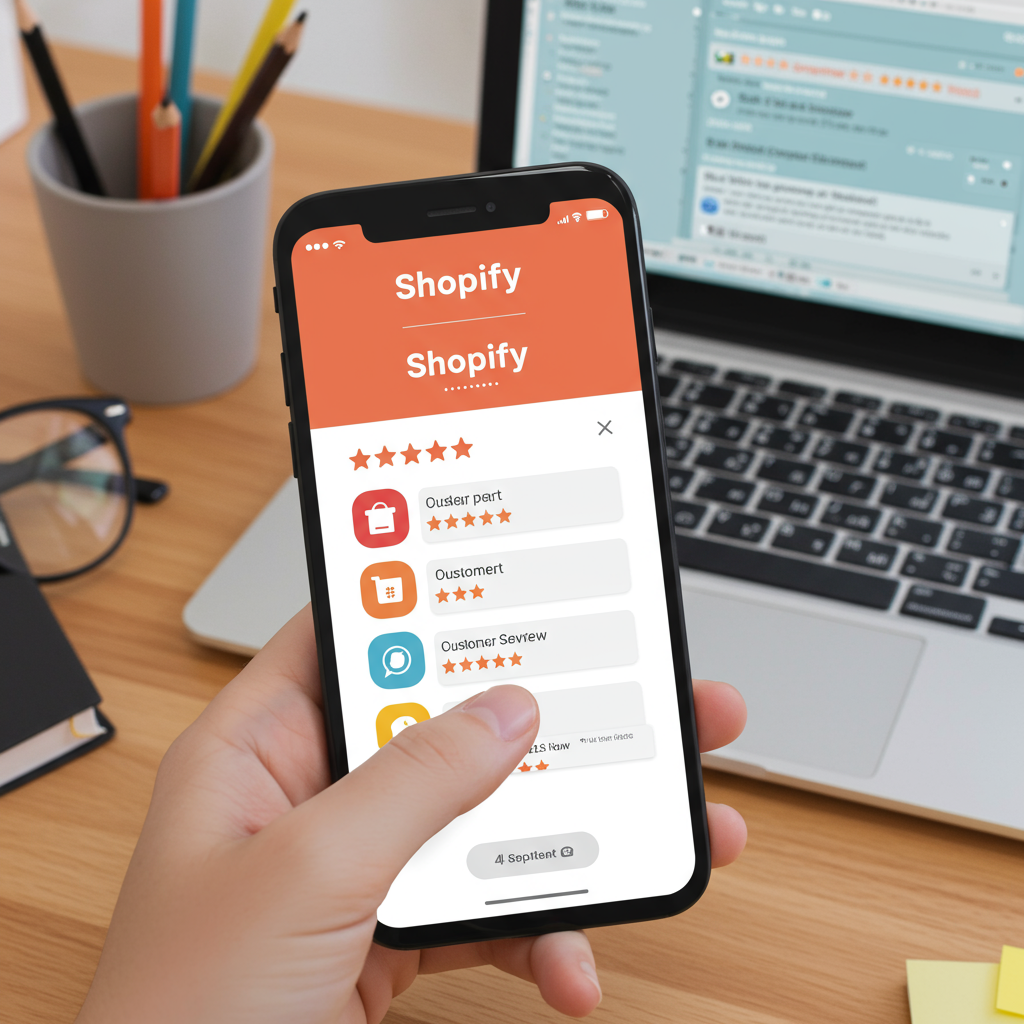Unlock the Power of Social Proof and Boost Your Store’s Credibility
As a Shopify merchant, I’ve learned that one of the most powerful tools in our arsenal isn’t a marketing gimmick or a flashy new product, but something far more fundamental: social proof.
And when we talk about social proof in e-commerce, what immediately comes to mind? Product reviews. They are the digital equivalent of word-of-mouth recommendations.
I’ve seen firsthand how a strong collection of positive reviews can dramatically impact conversion rates, build trust, and even improve search engine rankings.
However, simply having a product doesn’t automatically generate reviews. Customers are busy, and prompting them to share their experience requires a strategic approach.
This is where Shopify product review collection apps become absolutely indispensable for any serious online store owner.
I remember when I first started, I tried to manually ask for reviews, and it was an uphill battle. The response rate was abysmal, and it consumed so much of my time.
That’s when I realized I needed an automated, efficient solution. These apps are designed specifically to streamline the entire review collection process, from initial request to display.
So, what exactly should we look for in a top-tier product review app for our Shopify store? Let me walk you through the features I prioritize.
Firstly, automated review requests are non-negotiable. The app should be able to send out emails or SMS messages to customers a set number of days after their purchase.
I always look for customizable templates for these requests. Personalization can significantly increase the likelihood of a customer leaving a review.
Secondly, the ability to collect photo and video reviews is a huge plus. Visual content makes reviews far more engaging and authentic, showing real customers using your products.
I’ve found that customers trust reviews with photos much more than text-only ones. It adds an extra layer of credibility to the social proof.
Thirdly, a Q&A (Questions & Answers) feature can be incredibly valuable. This allows potential customers to ask questions directly on the product page, and existing customers or you can answer them.
This not only helps clarify doubts but also adds more user-generated content to your product pages, which is great for SEO.
Fourth, seamless integration with our Shopify store is paramount. The app should be easy to install and display reviews beautifully on product pages, collection pages, and even a dedicated reviews page.
I also check for mobile responsiveness. A significant portion of our traffic comes from mobile devices, so the review widgets must look perfect on any screen size.
Fifth, SEO benefits are often overlooked. Many review apps generate rich snippets (star ratings) in search results, making our product listings stand out.
This can lead to higher click-through rates from Google, driving more qualified traffic directly to our store.
Sixth, moderation capabilities are crucial. While we want to encourage all reviews, having the ability to moderate or respond to negative feedback professionally is essential for brand reputation.
I always make sure the app allows me to publish, unpublish, or reply to reviews directly from its dashboard.
Seventh, social sharing features can amplify our reach. Allowing customers to easily share their positive reviews on platforms like Facebook or Instagram turns them into brand advocates.
Eighth, analytics and reporting are vital for understanding performance. I want to see how many review requests were sent, the conversion rate, and the average star rating.
This data helps me refine my review collection strategy and identify areas for improvement, both in terms of products and customer service.
When it comes to choosing a specific app, there are many excellent options available on the Shopify App Store, such as Loox, Yotpo, Stamped.io, and Judge.me.
Each has its own strengths, pricing models, and unique features, so I always recommend trying out a few with their free trials to see which best fits your specific needs and budget.
My advice is to start with a clear understanding of your budget and the core features you absolutely need. Do you prioritize visual reviews, Q&A, or advanced analytics?
Once you’ve selected an app, don’t just set it and forget it. Actively encourage reviews. Consider offering small incentives for photo/video reviews, like a discount on a future purchase.
Respond to all reviews, positive or negative. Acknowledging customer feedback shows you care and builds a stronger relationship with your audience.
I’ve found that even a negative review, handled gracefully, can turn a dissatisfied customer into a loyal one and demonstrate excellent customer service to others.
Remember, reviews aren’t just about selling more; they’re also an invaluable source of feedback for product development and improving the overall customer experience.
They tell us what we’re doing right and where we can improve, directly from the people who matter most: our customers.
So, if you haven’t already invested in a robust product review collection app, I strongly urge you to do so. It’s one of the best investments you can make for your Shopify store’s long-term success.
It truly transforms how you build trust and credibility online.
What do you think about this article? Do you have any favorite review apps or strategies you’d like to share?






